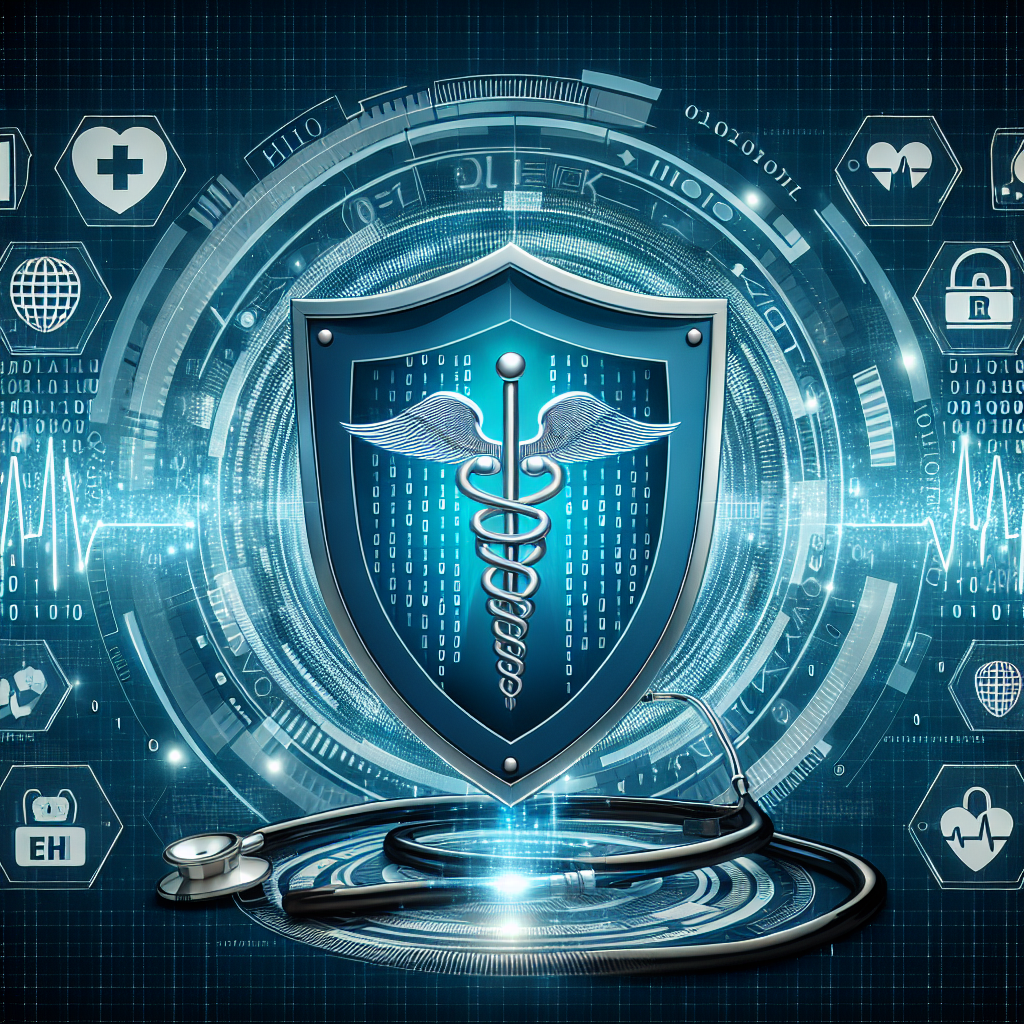Your cart is currently empty!
Cybersecurity in the Healthcare Industry: Challenges and Solutions

The healthcare industry is increasingly becoming a prime target for cyberattacks due to the vast amount of sensitive patient data stored in electronic health records. As the industry continues to digitize and connect medical devices to the internet, the need for robust cybersecurity measures has never been more critical.
Challenges in Healthcare Cybersecurity:
1. Data breaches: Healthcare organizations are vulnerable to data breaches that can result in the exposure of patient information, including personal and financial data. These breaches can lead to identity theft, insurance fraud, and other forms of cybercrime.
2. Ransomware attacks: Ransomware attacks have become a common threat in the healthcare industry, where hackers encrypt critical data and demand payment in exchange for decryption keys. These attacks can disrupt healthcare services, compromise patient care, and result in financial losses.
3. Insider threats: Insider threats, whether intentional or unintentional, pose a significant risk to healthcare cybersecurity. Employees with access to sensitive data can accidentally leak information or deliberately misuse it for personal gain.
4. Legacy systems: Many healthcare organizations still rely on outdated legacy systems that are not equipped with the necessary security measures to protect against modern cyber threats. These systems are often vulnerable to exploitation by hackers.
Solutions to Healthcare Cybersecurity Challenges:
1. Implementing robust cybersecurity measures: Healthcare organizations should invest in advanced cybersecurity solutions, such as firewalls, intrusion detection systems, and encryption technologies, to protect sensitive data from unauthorized access.
2. Training and awareness: Healthcare employees should undergo regular cybersecurity training to educate them on best practices for securing patient data and identifying potential threats. Building a culture of cybersecurity awareness can help prevent insider threats and phishing attacks.
3. Regular security audits and updates: Healthcare organizations should conduct regular security audits to identify vulnerabilities in their systems and address them promptly. Keeping software and systems up to date with the latest security patches can help prevent cyberattacks.
4. Data encryption: Encrypting sensitive patient data both at rest and in transit can provide an added layer of protection against unauthorized access. Encryption technologies can help safeguard patient information even in the event of a data breach.
In conclusion, cybersecurity in the healthcare industry is a complex and evolving challenge that requires a multi-faceted approach to address. By implementing robust cybersecurity measures, providing ongoing training and awareness, conducting regular security audits, and encrypting sensitive data, healthcare organizations can better protect patient information and ensure the integrity of their systems. Collaboration with cybersecurity experts and adherence to industry best practices can help mitigate the risks associated with cyber threats in the healthcare sector.

Leave a Reply